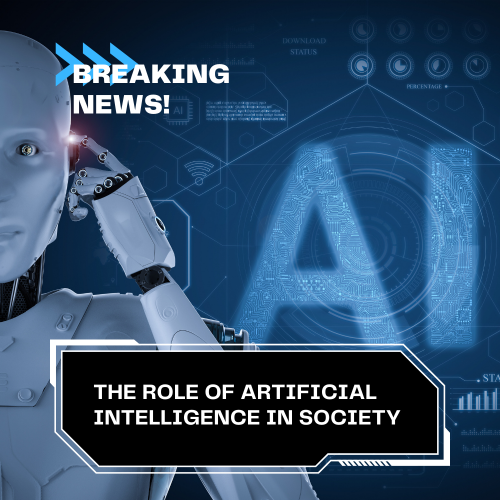1000 × 1000 — PNG 1.1 MB
Wysłano do Others — 2 lata temu — 4555 wyświetleń
Artificial intelligence (AI) is rapidly changing the way we live and work. From virtual assistants to self-driving cars, AI is becoming an increasingly common part of our daily lives.
One of the main benefits of AI is its ability to automate tasks that were previously done by humans. This can lead to increased efficiency and productivity in industries such as manufacturing, healthcare, and finance. AI can also be used to analyze large amounts of data, providing insights and predictions that would be impossible for humans to achieve on their own.
AI has also been used to develop new technologies and products, such as autonomous drones and intelligent robots. These technologies have the potential to transform industries and improve our quality of life.
However, there are also concerns about the impact of AI on jobs and society as a whole. Some experts predict that AI could lead to significant job displacement as automation becomes more widespread. Additionally, there are concerns about the ethical implications of AI, such as the potential for biased algorithms and the loss of human control over decision-making processes.
To address these concerns, there has been a growing movement towards responsible AI development. This includes developing AI that is transparent, explainable, and accountable. It also involves ensuring that AI is developed with a diverse set of perspectives and that its potential social impacts are carefully considered.
Overall, AI has the potential to transform our society in many positive ways. However, it is important that we approach its development and implementation in a responsible and ethical manner. By doing so, we can ensure that AI is used to benefit humanity while minimizing any negative impacts.


